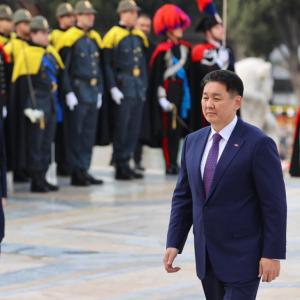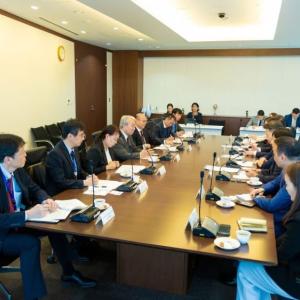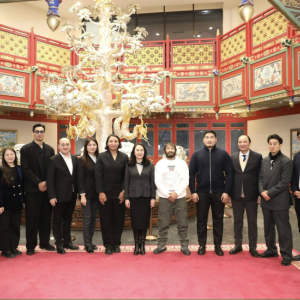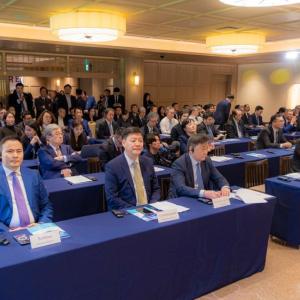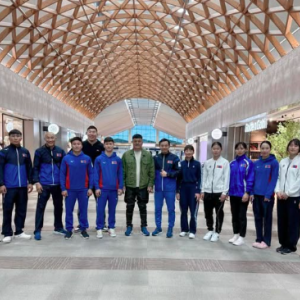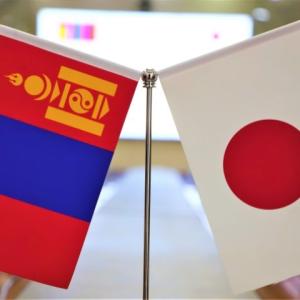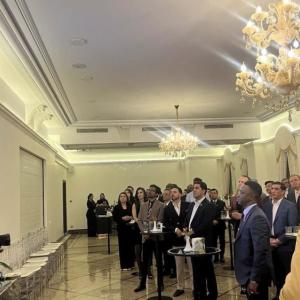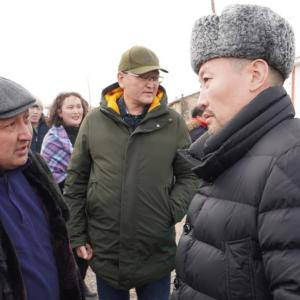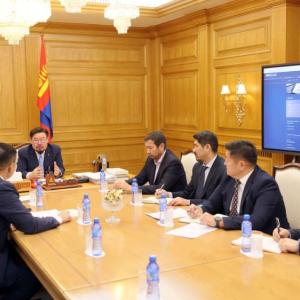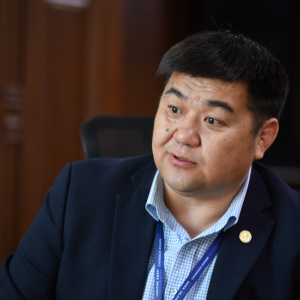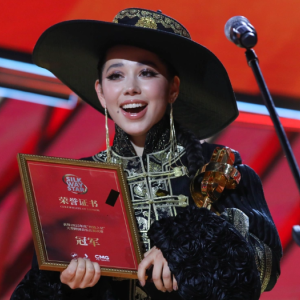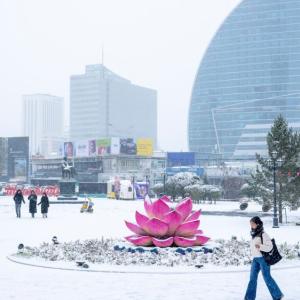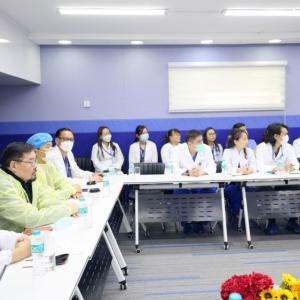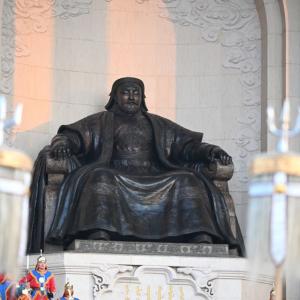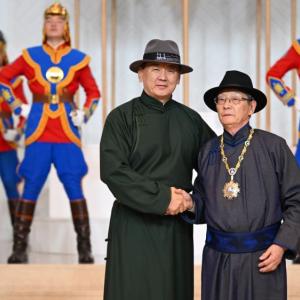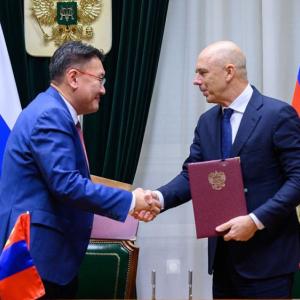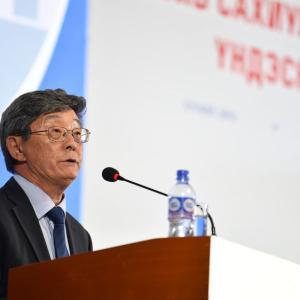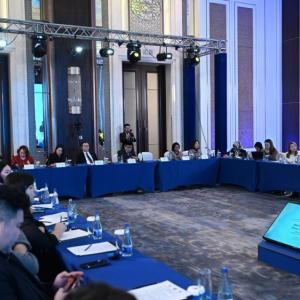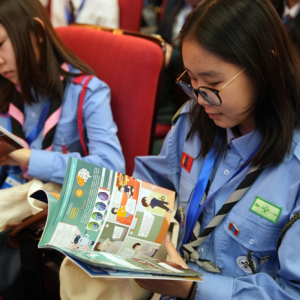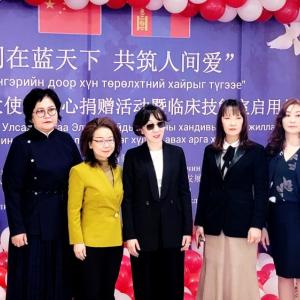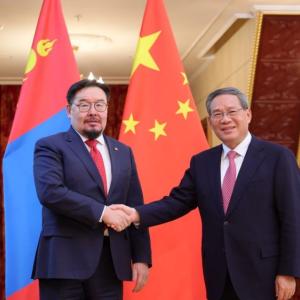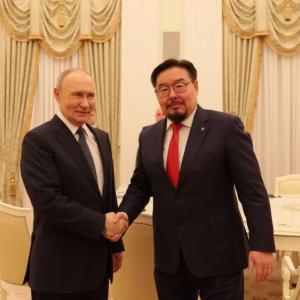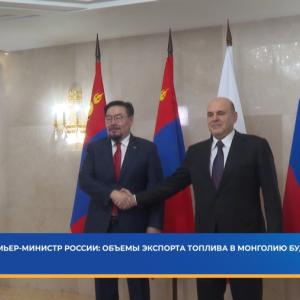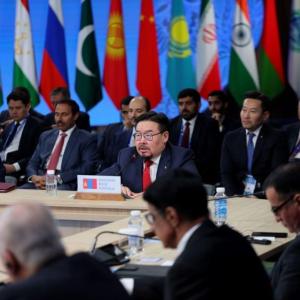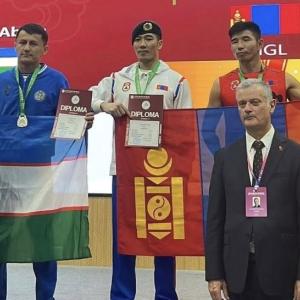Scholars Highlight Mongolia's Balanced Foreign Policy
Politics
Ulaanbaatar, May 19, 2025 /MONTSAME/. The Standing Committee on Security and Foreign Policy of the Parliament, the Ministry of Foreign Affairs, and the School of Political Science, International Relations, and Public Administration of the National University of Mongolia jointly organized an International Scientific Forum on the theme “Regions and States at the Crossroads of a New World Order” at the State Palace on May 16-17, 2025.

Opening the Forum, the Chairman of the Standing Committee on Security and Foreign Policy of the Parliament, Temuulen Ganzorig, emphasized, “In recent years, the world has been changing at a fast pace. Growing misunderstandings and armed conflicts between states are pushing peace further out of reach. Researchers now warn that today’s complex and uncertain international environment could persist for many years. In these increasingly unpredictable times, it is crucial that we enhance our foreign policy and establish an institutionalized system and mechanisms for international relations research. The Government therefore intends to give stronger support to policy research and development so as to accelerate analytical work.”

Foreign Policy Advisor to the President of Mongolia Odbayar Erdenetsogt noted, “The key word in Mongolia’s foreign relations is a balanced foreign policy. A balanced foreign policy applies not only to our two neighbors but also to our third neighbors. For instance, President Khurelsukh Ukhnaa participated in the General Debate of the UN General Assembly in 2021 after being elected as President of Mongolia. The President’s visits to the Russian Federation and the People’s Republic of China after participating in the General Debate were an indication of maintaining a balance in relations with our two neighbors. In addition, our country is successfully implementing a balanced foreign policy in the region and regularly participating in international and regional conferences. Another keyword in our foreign relations is a single window foreign policy, or internal unity and discipline. A single-window foreign policy is the foundation for understanding and communicating with Mongolia by foreign countries. Therefore, we should adhere to the single window policy at all levels.”

Lecturer and Researcher at the School of Political Science, International Relations, and Public Administration at the National University of Mongolia PhD. Bayasgalan Sanallkhundev expressed his position, saying, “Mongolia, as a Member State of the United Nations, is implementing active policies and activities in its foreign relations. In other words, the current policies and activities of Mongolia in foreign relations are proven to have the right approach in all aspects. Therefore, we should maintain the policy of “Open, multi-pillar, non-alignment” as stated in the Foreign Policy Concept. We should also intensify our third neighbor policy as much as possible. Another issue to consider is that the world we live in today is creating new opportunities as well as new challenges. Therefore, it is necessary to use scientific and technological developments in foreign policy and foreign relations. This will open up more opportunities for us in terms of relations with non-border countries.”

Senior Lecturer at the Department of International and Social Studies of the University of the Humanities, Dr. Myagmardorj Purevdorj said, “Geopolitical instability is a major challenge to Mongolia’s foreign policy. In such critical times, it is timely that national and foreign scholars discuss their research findings on foreign policy. As a result of the Forum, besides that scholars share experiences, I think that decision-makers should see the problems. Because, compared to major powers, our country has quite limited policy options in its foreign policy. Therefore, we need to seek more policy options in international relations.”
The plenary session of the International Scientific Forum was held in the Chinggis Khaan Hall of the State Palace and continued with a sub-session at the National University of Mongolia. A total of 16 scholars from nine universities and research institutions participated in the conference as honorary guests, and the participants shared their views, predictions, and assessments of the rapidly changing global situation.



 Ulaanbaatar
Ulaanbaatar





